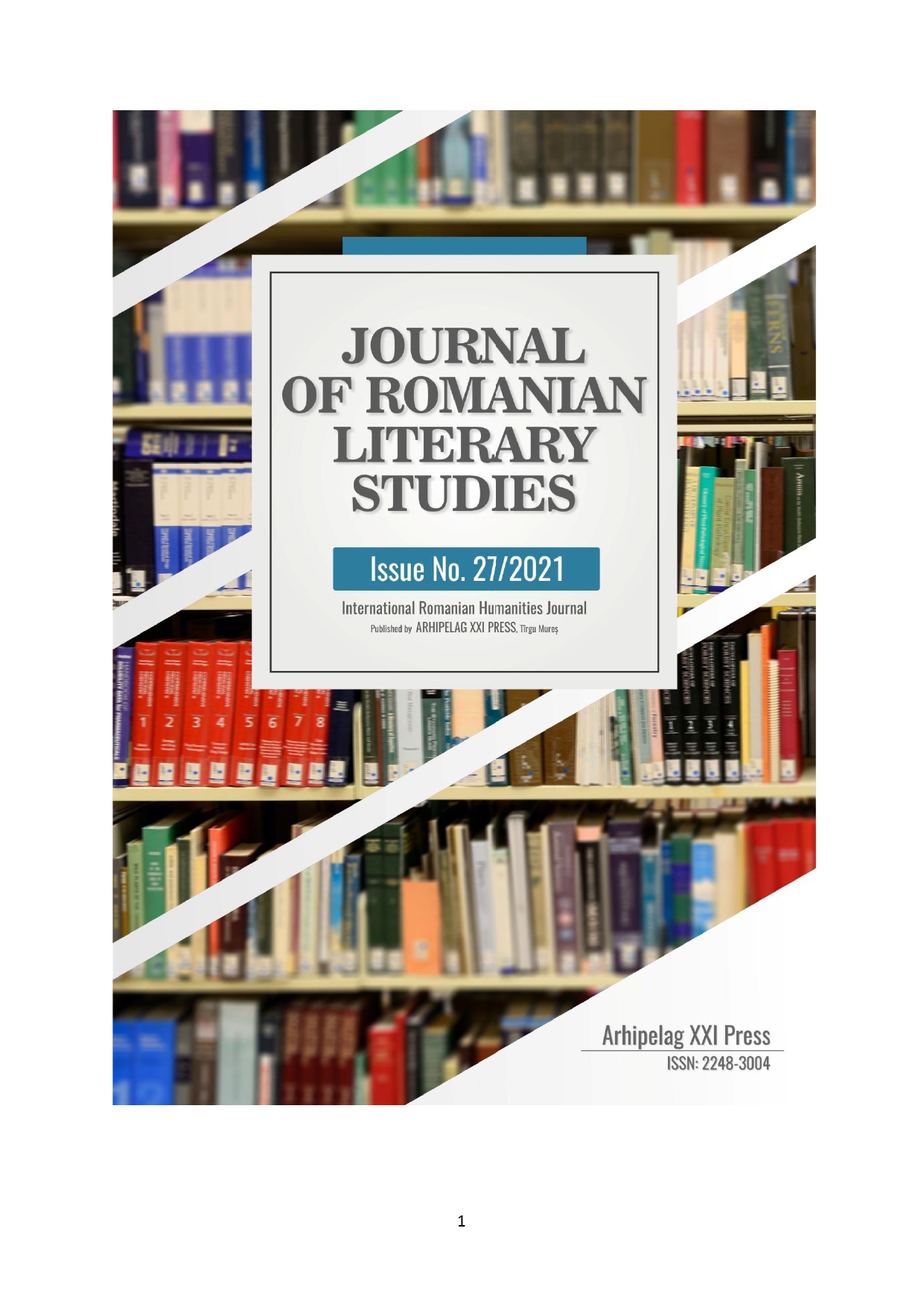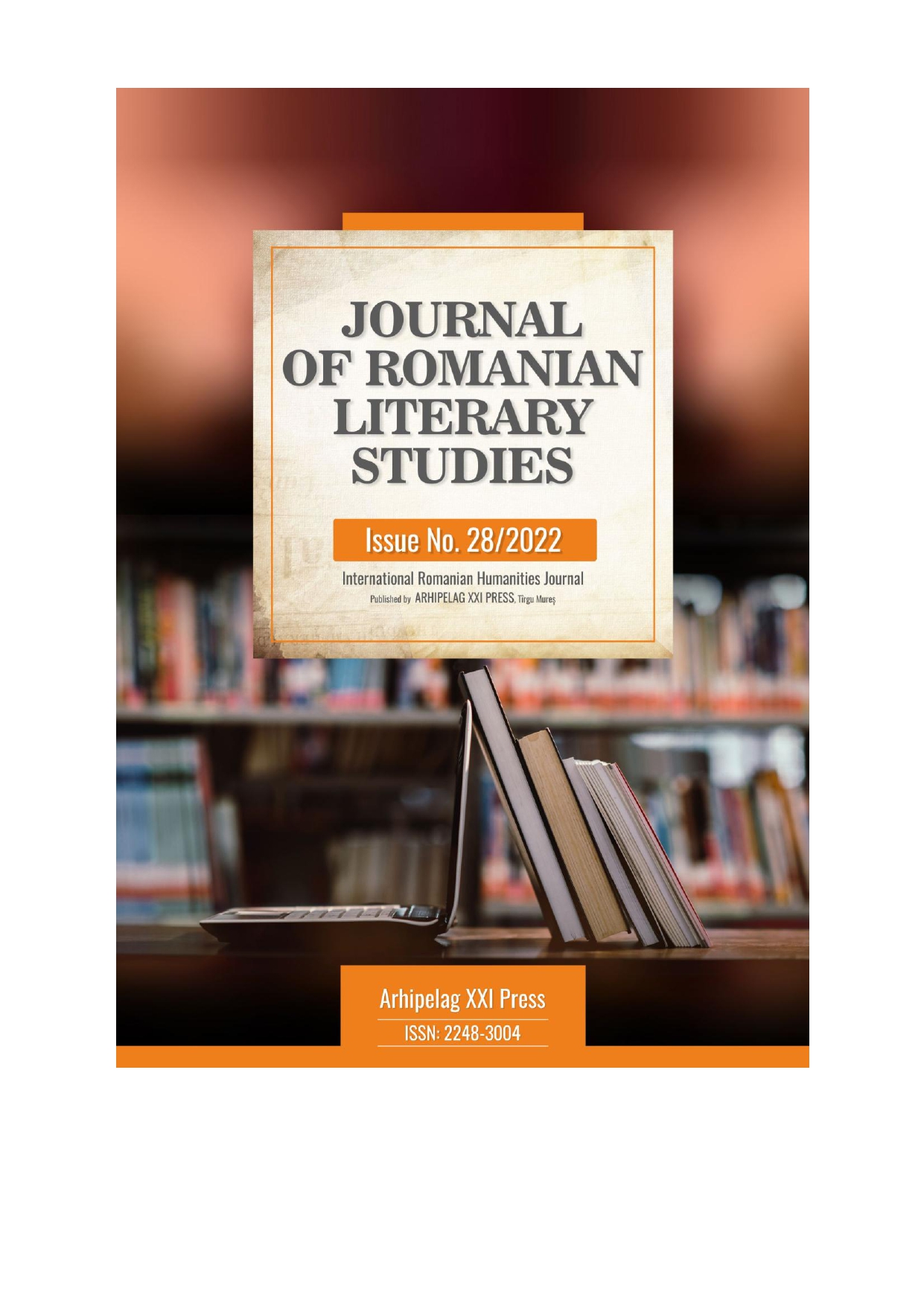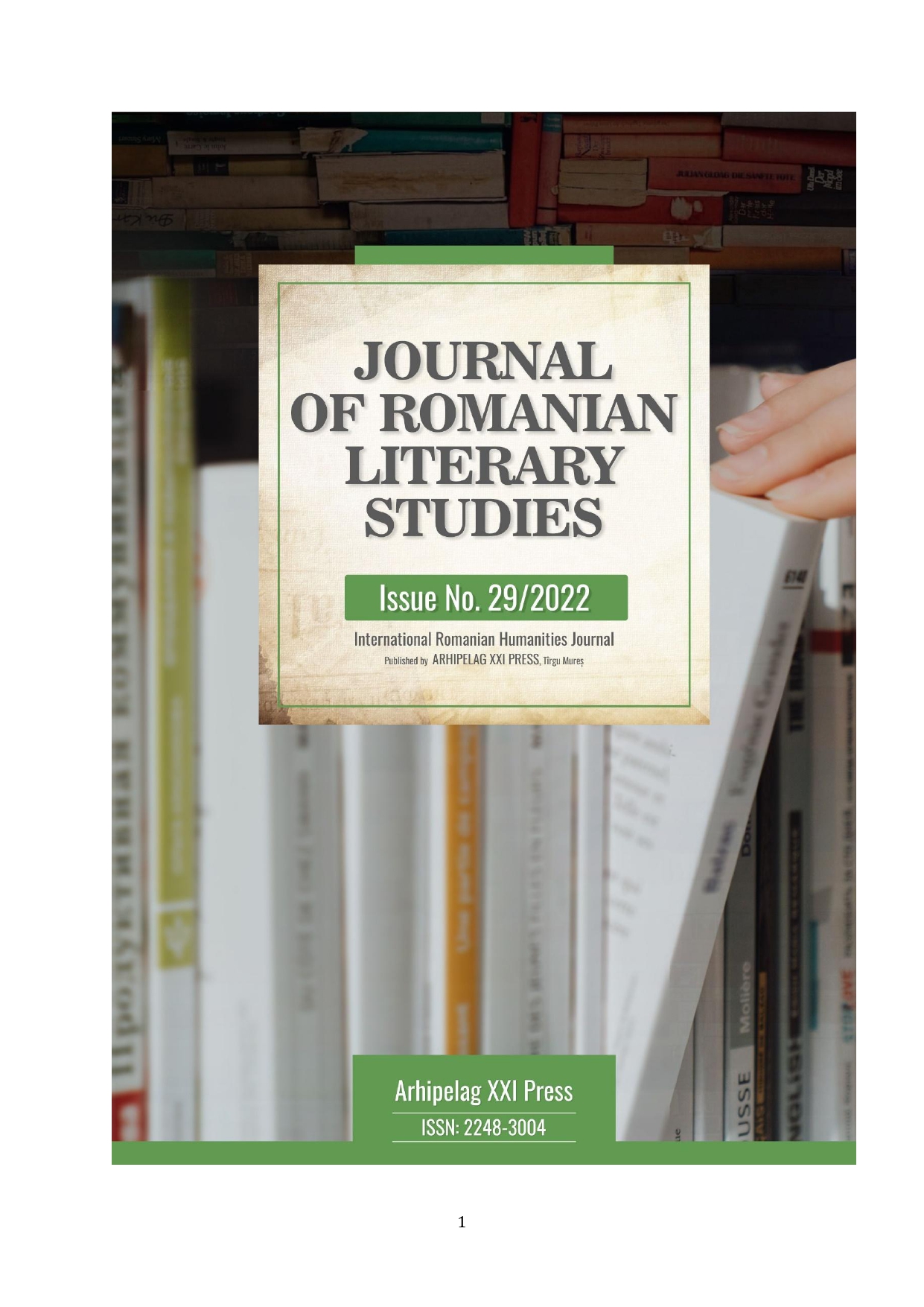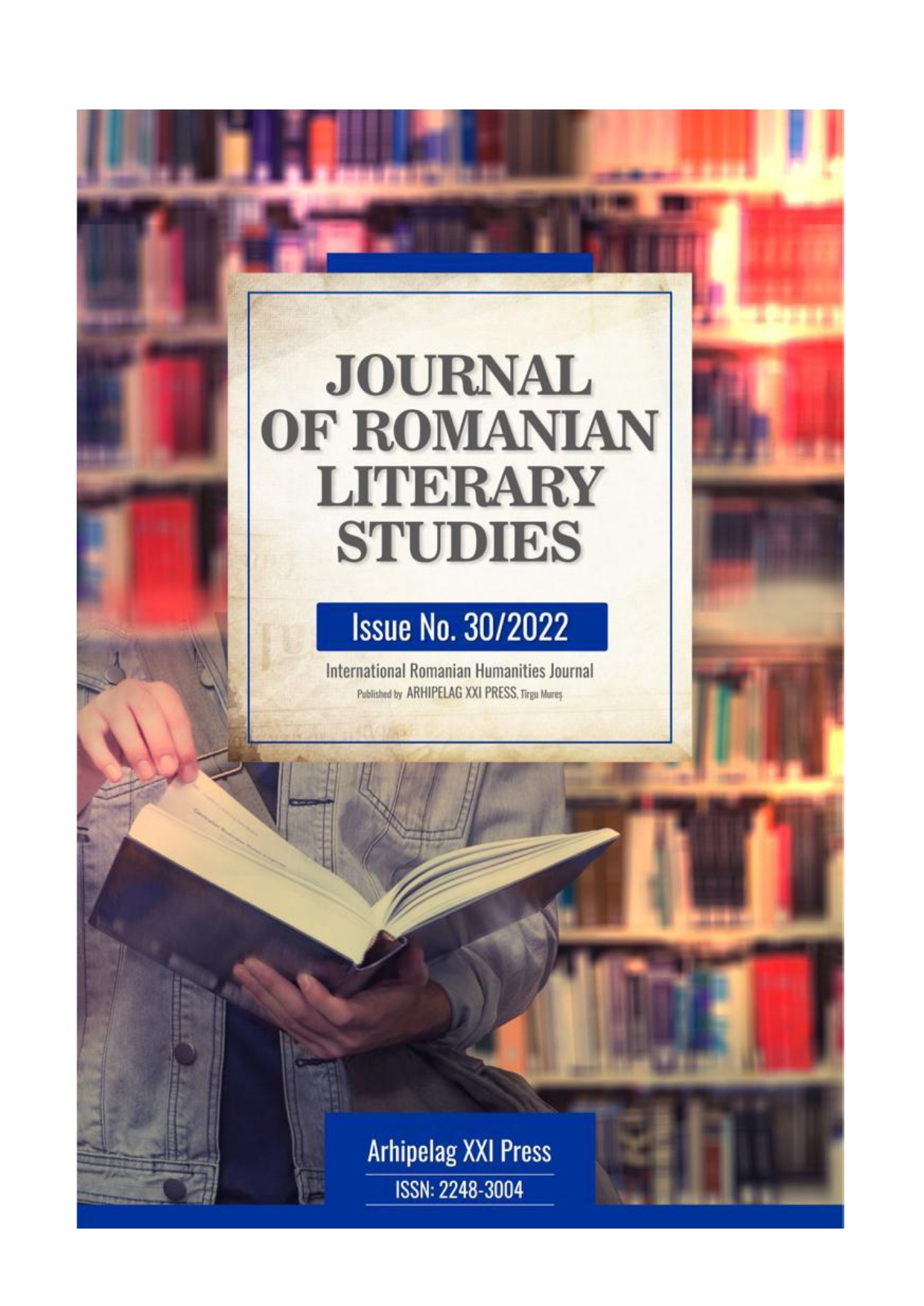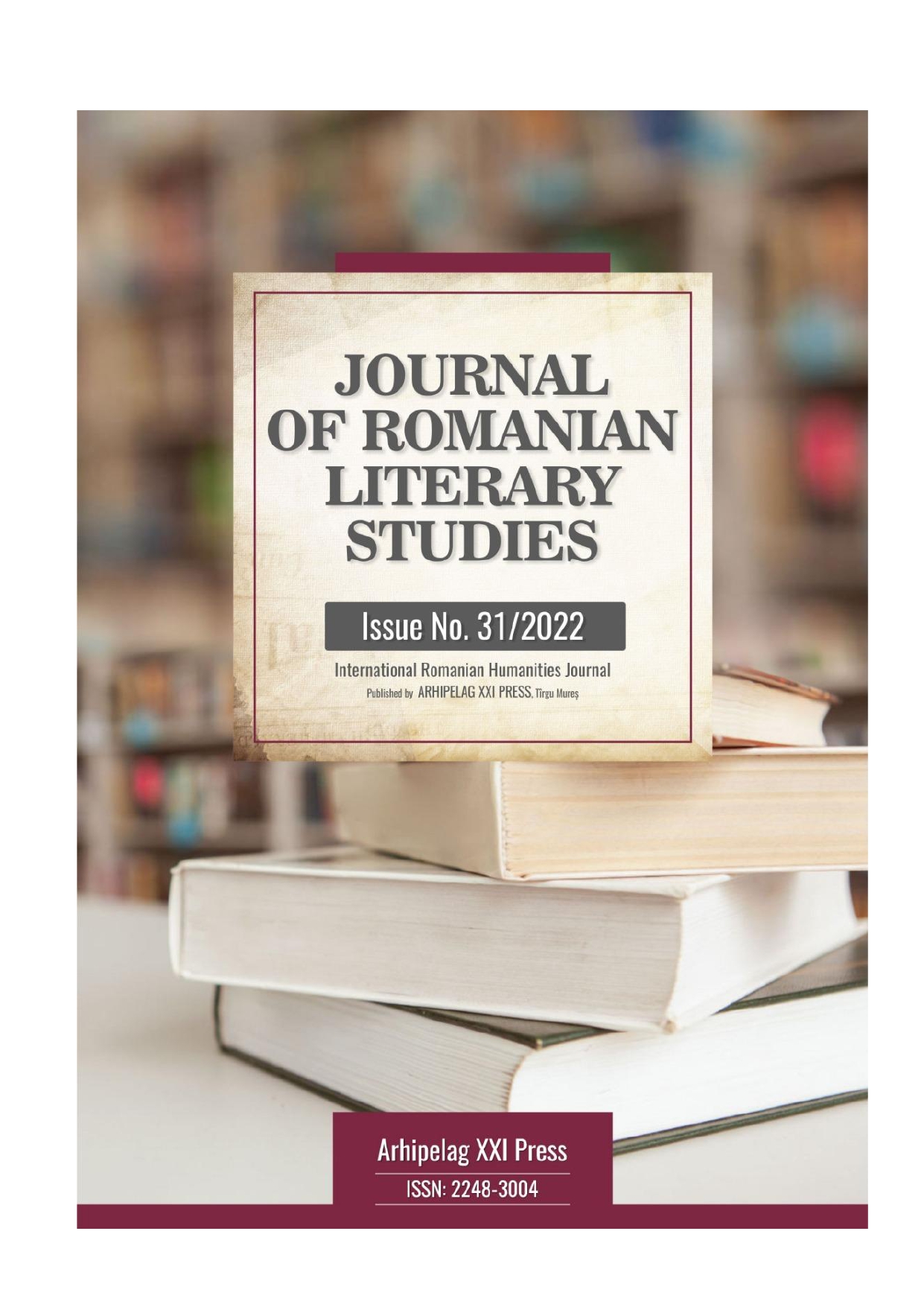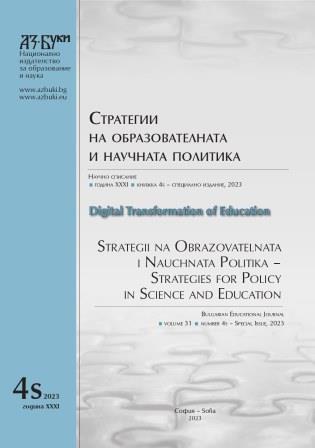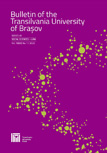
Social Learning Reflected in Younger Generations’ Lives. Case Study: The Bobo Clown Experiment and The Famous Youtuber Og Mcskillet
This paper aims to discuss and thoroughly analyze, aided using content analysis, and make use of certain theoretical support available regarding primary social learning, approximately how many and what certain events in a child’s life can affect his or her behavior. We discuss how Albert Bandura’s experiment involving the Bobo Clown doll revealed some troubling aspects no matter their age or even intellectual capacities. All these behaviors can, unfortunately, irreversibly affect a child’s harmonious development, both psychologically as well as emotionally. Virtual liberty also poses a threat in this case. This article proposes to take a deeper look into this phenomenon, constructing a base that starts early historically.
More...
